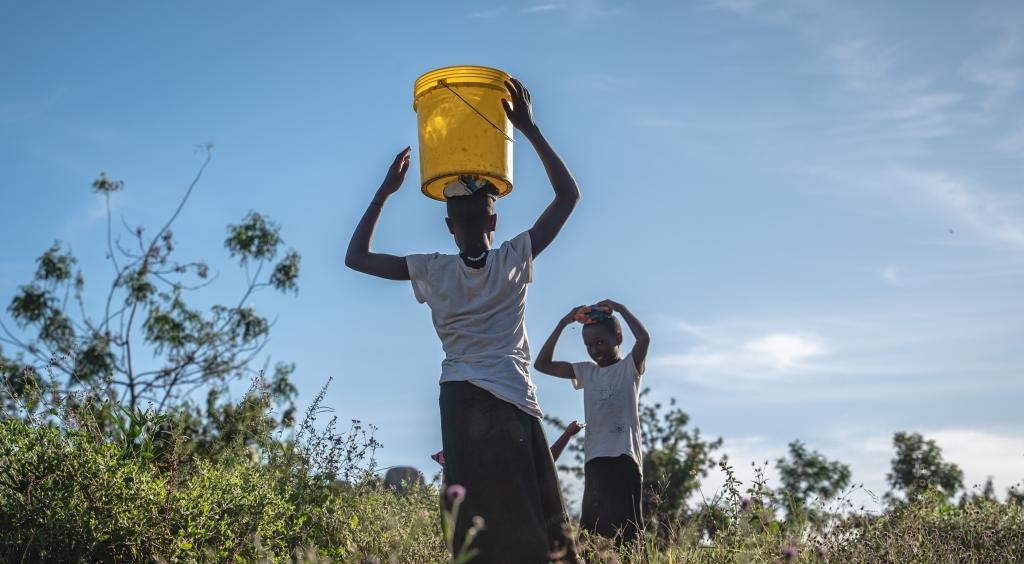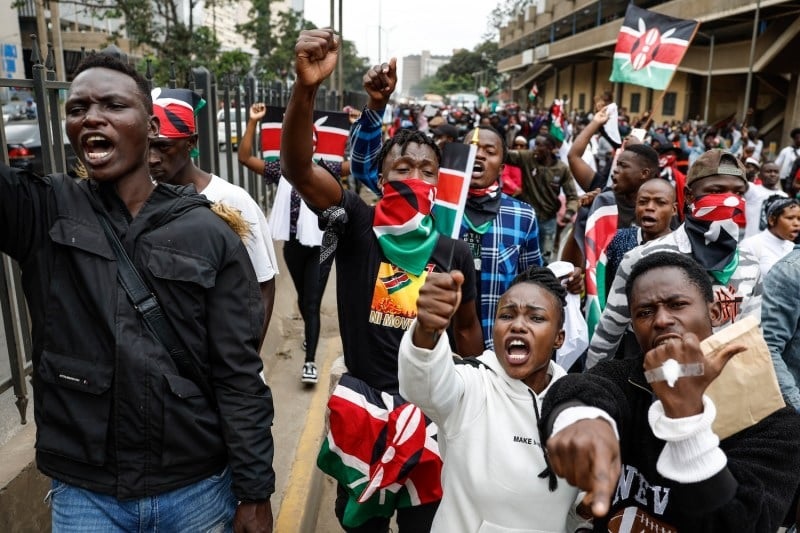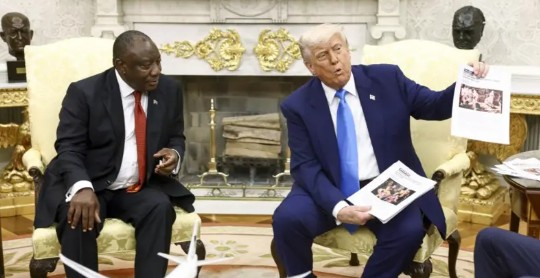The US Bureau of African Affairs said on X it was “deeply concerned by reports of the mistreatment” of Atuhaire and Mwangi while in Tanzania
The United States expressed concern Saturday over the “mistreatment” of two east African activists in Tanzania, days after they were detained and reportedly tortured. Prominent campaigners Boniface Mwangi of Kenya and Agather Atuhaire of Uganda traveled to Tanzania this week in solidarity with detained opposition leader Tundu Lissu ahead of his court hearing on charges of treason, which carries a potential death penalty.
But they themselves were detained before being deported and then found abandoned near the Tanzanian border. Mwangi and rights groups allege that both were tortured while held “incommunicado” for days. The US Bureau of African Affairs said on X it was “deeply concerned by reports of the mistreatment” of Atuhaire and Mwangi while in Tanzania.
“We call for an immediate and full investigation into the allegations of human rights abuses,” it said, urging “all countries in the region to hold to account those responsible for violating human rights, including torture.” Atuhaire received in 2023 the EU Human Rights Defender Award for her work in Uganda and was honored last year with the International Women of Courage Award by former US First Lady Jill Biden.
Mwangi is a longtime critic of the Kenyan government, frequently denouncing instances of alleged injustice and rights abuses.
Human rights groups say Tanzania and neighboring Uganda have accelerated crackdowns on opponents and dissidents as they prepare for presidential elections in the next seven months.
But Tanzanian President Samia Suluhu Hassan has slammed what she called interference in the country’s affairs and had urged security services “not to allow ill-mannered individuals from other countries to cross the line here.”
Tanzanian President Samia Suluhu Hassan has been accused of increasing authoritarianism, amid rising concerns regarding democracy across East Africa. Activists travelling to Lissu’s trail accused Tanzania of “collaborating” with Kenya and Uganda in their “total erosion of democratic principles”.
Several high-profile political arrests have highlighted the rights record of Hassan, who plans to seek re-election in October.
The Tanzanian leader has said that her government is committed to respecting human rights. However, she warned earlier this week that foreign activists would not be tolerated in the country as Lissu appeared in court. “Do not allow ill-mannered individuals from other countries to cross the line here,” Hassan instructed security services.
Several activists from Kenya, including a former justice minister, said they were denied entry to Tanzania as they tried to travel to attend the trial. Following his return to the Kenyan capital, Nairobi, Mwangi said that he and Atuhaire had suffered a brutal experience.
“We were both treated worse than dogs, chained, blindfolded and underwent a very gruesome torture,” he told reporters.
“The Government of Tanzania cannot hide behind national sovereignty to justify committing serious crimes and human rights violations against its own citizens and other East Africans,” the International Commission of Jurists in Kenya said in a statement.
Atuhaire is the second of two foreign activists — the other being Kenyan activist Boniface Mwangi — who had been detained after arriving in Tanzania’s most populous city, Dar es Salaam, to attend the first court appearance of Tanzanian opposition leader Tundu Lissu. Mwangi is a prominent campaigner against corruption and police brutality in Kenya.
He was also found abandoned on a roadside in northern Tanzania near the Kenyan border, Kenyan newspaper Daily Nation reported.
“We were both treated worse than dogs, chained, blindfolded and underwent a very gruesome torture,” Mwangi told reporters on his return to Nairobi. Lissu, with whom the two activists wanted to show solidarity, is the leader of the country’s main opposition party, Chadema. He came second in Tanzania’s last presidential poll.
Lissu was arrested last month and charged with treason over an alleged speech calling on Tanzanians to rebel and disrupt the country’s presidential and parliamentary elections that are scheduled for October.
The government claims that encouraging citizens to boycott the election is tantamount to an act of rebellion. Chadema was also disqualified from the elections after it refused to sign an electoral “code of conduct.” The case has highlighted a growing crackdown on opponents of President Hassan, whose party has nominated her to stand again. The 65-year-old leader became president after John Magufuli’s death in 2021.
Suluhu’s tenure began with optimism, pledging to reverse many of Magufuli’s controversial policies. However, she faced mounting criticism over frequent arrests, abductions, and killings of opposition politicians. Hassan has said the government is committed to respecting human rights, and ordered an investigation into reported abductions last year.











